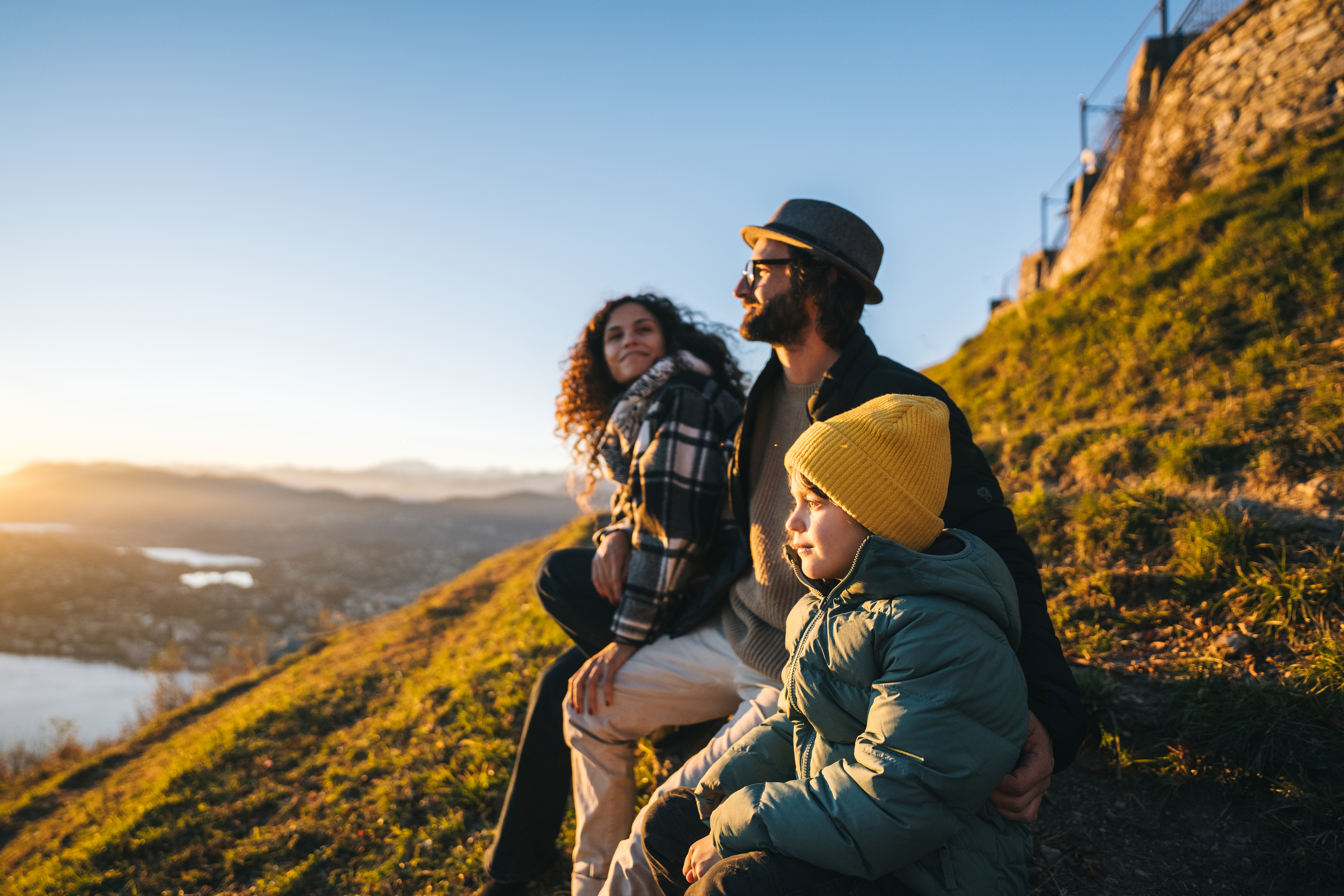by Brandy Abalos
Family vacations and travel are meant to be fun and relaxing, but it’s important to remember that safety should always come first. With the increasing number of travelers each year, it’s more important than ever to take proactive steps to protect yourself and your family. By implementing a few simple precautions, you can ensure a worry-free trip and protect your loved ones while on the road.
Before You Go: Laying the Groundwork for a Safe Journey
A well-planned trip is the first step to a safe and enjoyable family vacation. Before you pack your bags and hit the road, take the time to prepare and research. By following these essential pre-trip safety tips, you can ensure a worry-free journey and create lasting memories with your loved ones.
- Research Your Destination: Familiarize yourself with the local customs, laws and potential risks. Research the safety ratings of your accommodations and transportation options.
- Share Your Itinerary: Inform friends and family of your travel plans, including your destination, accommodations and expected return date.
- Secure Your Home: Arrange for a trusted neighbor or friend to check on your home, collect mail and deter potential intruders.
- Travel Insurance: Consider purchasing comprehensive travel insurance that covers medical emergencies, trip cancellations and lost luggage.
- Emergency Contacts: Create a list of emergency contacts, including your insurance provider, embassy or consulate (if you’re going outside of the country), and local emergency numbers.
Packing Smart: Essential Items for a Safe Trip
Packing for a family vacation can be a daunting task. But with a little planning, you can ensure that you have everything you need for a safe and comfortable trip. Here are some essential packing tips to help you prepare for your next adventure.
- First-Aid Kit: Pack a well-stocked first-aid kit with essential medications, bandages and antiseptic wipes.
- Identification: Ensure each family member has a valid government-issued ID, such as a passport or driver’s license —even if you’re staying in your own country.
- Important Documents: Make copies of important documents, including passports, visas and insurance policies.
- Emergency Fund: Carry a small amount of cash in local currency for emergencies.
- Technology: Charge your devices before your trip and consider purchasing portable chargers.
Travel Safety Tips: Staying Safe on the Road
Once you’re on the road, it’s important to stay alert and practice safe travel habits. Whether you’re driving, flying or taking public transportation, there are specific precautions you can take to minimize risks and ensure a smooth journey.
Vehicle Safety
- Regular Maintenance: Ensure your vehicle is in good working condition before embarking on a road trip.
- Seatbelt Use: Always buckle up and ensure children are properly restrained in appropriate car seats.
- Defensive Driving: Practice defensive driving techniques, such as maintaining a safe following distance and avoiding distractions.
- Emergency Kit: Keep an emergency kit in your vehicle, including water, snacks, a flashlight and a first-aid kit.
Air Travel
- Checked Baggage: Secure valuable items in carry-on luggage.
- TSA Guidelines: Familiarize yourself with TSA regulations to avoid delays and security issues.
- In-Flight Precautions: Stay hydrated, move around periodically and follow crew instructions.
Accommodation Safety While on the Road
Your choice of accommodation can significantly impact your safety while traveling. By selecting reputable lodgings and taking a few simple precautions, you can ensure a secure and comfortable stay.
- Hotel Security: Choose reputable hotels with security measures like keycard access and 24-hour security.
- Room Inspection: Upon arrival, inspect your room for any safety hazards or signs of intrusion.
- Emergency Exits: Locate emergency exits and familiarize yourself with the evacuation plan.
Personal Safety While Traveling
Personal safety is paramount when traveling, especially in unfamiliar environments. By being mindful of your surroundings and taking simple precautions, you can significantly reduce the risk of accidents and incidents.
- Stay Alert: Be aware of your surroundings and trust your instincts.
- Avoid Isolated Areas: Avoid walking alone at night or in deserted areas.
- Blend In: Dress modestly and avoid displaying excessive wealth or valuables.
- Emergency Whistle: Consider carrying a personal alarm or whistle for self-defense.
Tips for Traveling with Children
Traveling with children can be both exciting and challenging. By planning ahead and taking extra precautions, you can ensure a safe and enjoyable trip for the whole family.
- Childproofing: Childproof your accommodations, especially if you’re renting a vacation home.
- Supervision: Never leave children unattended, even for short periods.
- Identification: Consider getting your child a medical ID bracelet or necklace.
- Entertainment: Pack plenty of books, games and electronic devices to keep children occupied during travel.
A Safe Journey Awaits
By following these essential safety tips, you can embark on your family vacation with peace of mind, knowing that you’ve taken every precaution to protect your loved ones. Remember, safety is a journey, and by staying vigilant and informed, you can create unforgettable memories that last a lifetime.








Leave A Comment